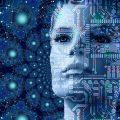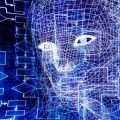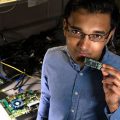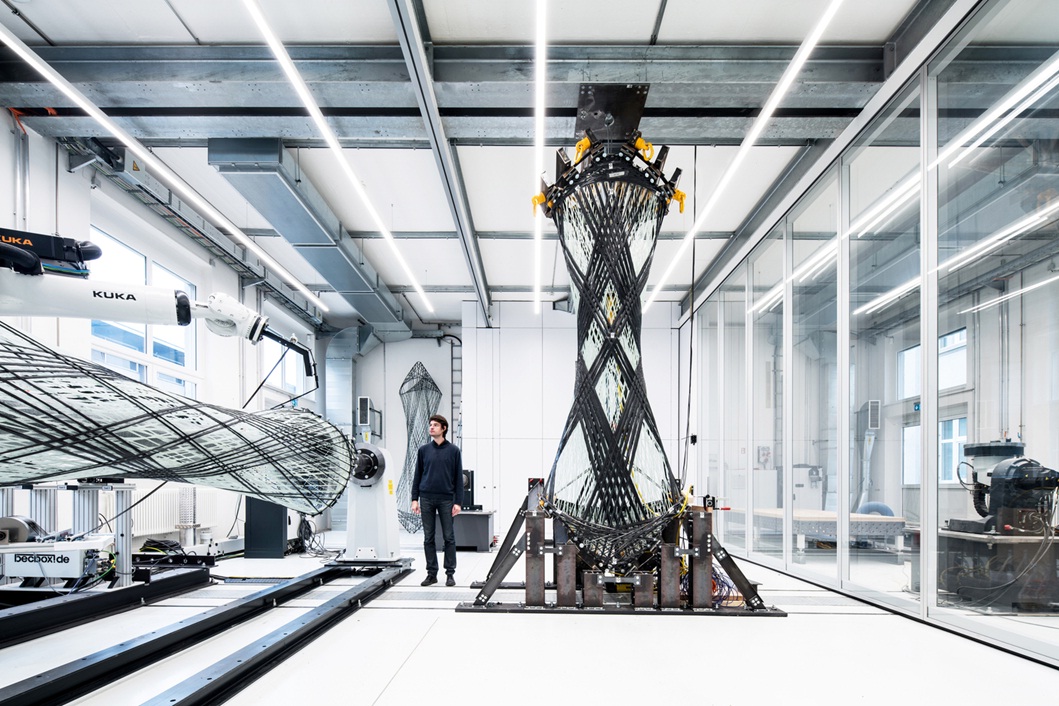
By 2050, the impact of artificial intelligence ondesign and construction will be felt in all aspects of our daily lives. This is due to the fact that the world is facing a number of urgent and complex problems, and this technology has the potential to elegantly solve them and create a comfortable future suitable for life.
Infrastructure and data analysis
AI and the Internet of Things are gradually changing our world, influencing society as a whole. More and more intelligent systems are being integrated into urban infrastructure,which over time begin to define our imageand the rhythm of life. Soon, various microsensors will monitor air quality, noise pollution, air pollution level, as well as the effectiveness of various urban processes.
Currently, 55% of the world's population live inurban areas, and by 2050 this figure will increase to 70%. According to forecasts, urbanization could increase the urban population by another 2.5 billion people by this time. In such circumstances, artificial intelligence will also track how we move around the city, work and relax. In 30 years we will have completely new versions of these modalities.
Building
The construction industry is one of the mostcomplex sectors for artificial intelligence. According to the forecasts of the multinational infrastructure company Balfour Beatty, by 2050 robots will begin to operate in teams, creating complex structures using new dynamic materials, and individual elements of structures will become self-assembled.
During their work, drones will fly from above,scanning the site and sending instructions to robotic cranes, excavators and automated builders. As a result, the whole process will occur without the physical participation of a person whose role will change from the developer to the controller, managing everything remotely.
Even if you need tothe direct presence of people, they will use robotic exoskeletons and neural control systems to move, control mechanisms and robots in place. Ultimately, this will minimize potential injury risks.
However, due to complete automation, we may begin to lose signs of the “human hand.” and tactile qualities in construction.
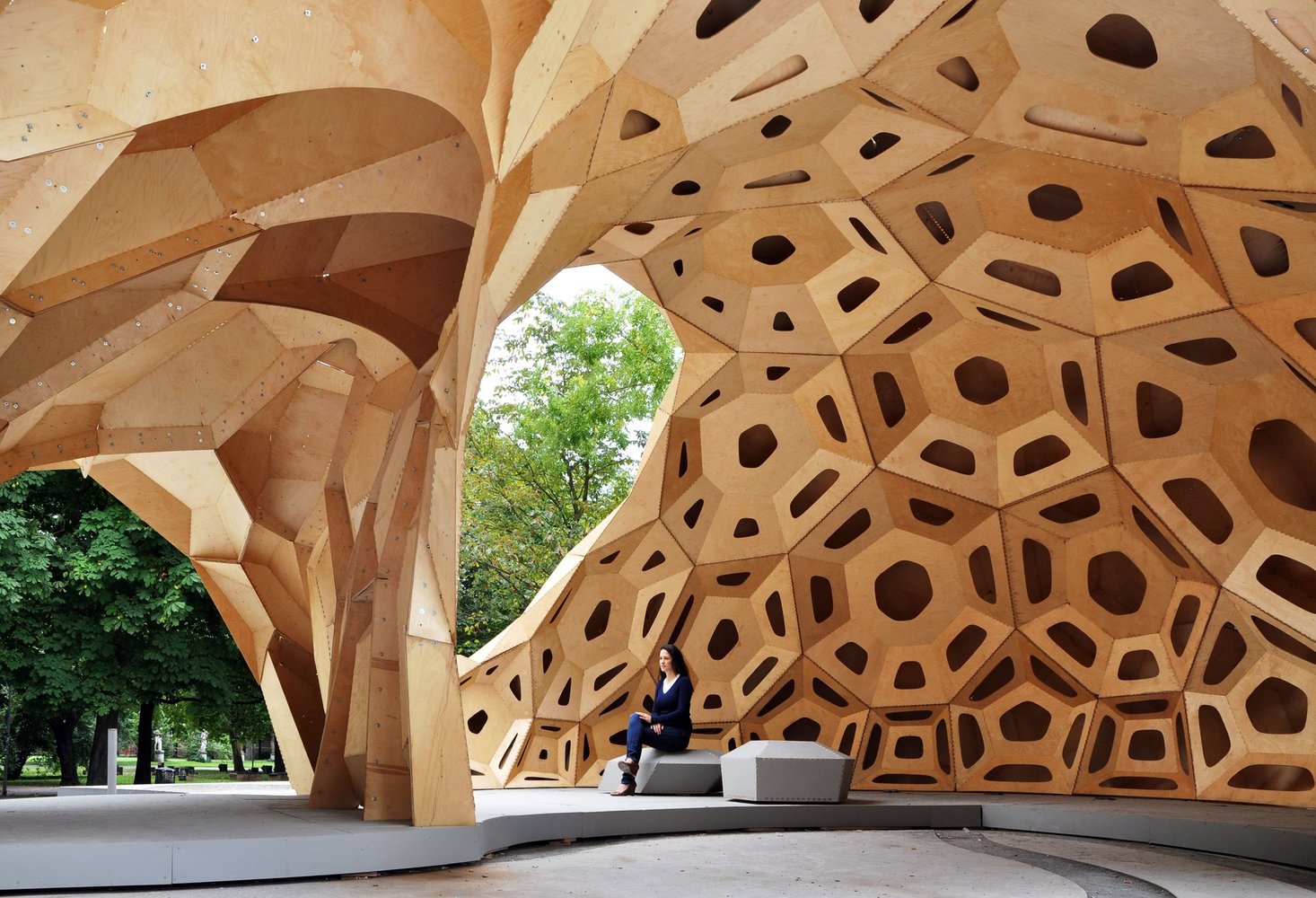
Transport
In the field of transport, large-scaletransformations. In addition to changing priorities in fuels, land and air transit, its regulation and structure are rethought. Public transport is starting to focus more on user services.
If you look at the evolution of transport overthe last 200 years, then as a result of innovations the status quo is disrupted approximately every 50–70 years. This can be clearly seen in the transition from ships and trains to cars and airplanes. Innovation inevitably changes the way we transit, travel and trade over time.
Today, companies are already working on projectsa vacuum train (Hyperloop) and a planetary transport network that will allow you to get into any current of the Earth within an hour .. At the same time, other inventors are trying to transfer us to the sky to design and develop air taxi centers around the world.
These ideas can dramatically changeinfrastructure, communication lines global interaction. However, the design of such systems, their functioning and associated communications is a very complex process, therefore, to solve various problems in the process of developing future transport, AI is increasingly used.
Workplaces
According to researchers, due to developmentautomation and robotics in 20 years, 50% of all the work that people are doing now will be done by robots. Moreover, not only people involved in physical labor will be replaced, but also many office clerks.
Professions that require a high level of creativity(designers, architects) and interactions with people (doctors, teachers), or have a low percentage of repetitive actions (mechanics, doctors), are most difficult for a machine. Therefore, they will be the last to be replaced, or they will remain exclusively “human”.
However, instead of the abolished professions, new ones will appear related to the monitoring, coordination and control of intelligent systems.
A key role will be played in this transformation.artificial intelligence algorithms that will allow us to produce much more goods and services at lower cost. It is possible that by 2050 they will already surpass man, and will be able to carry out most of the work. In this regard, various existential questions arise, including the need to maintain an unconditional basic income.


